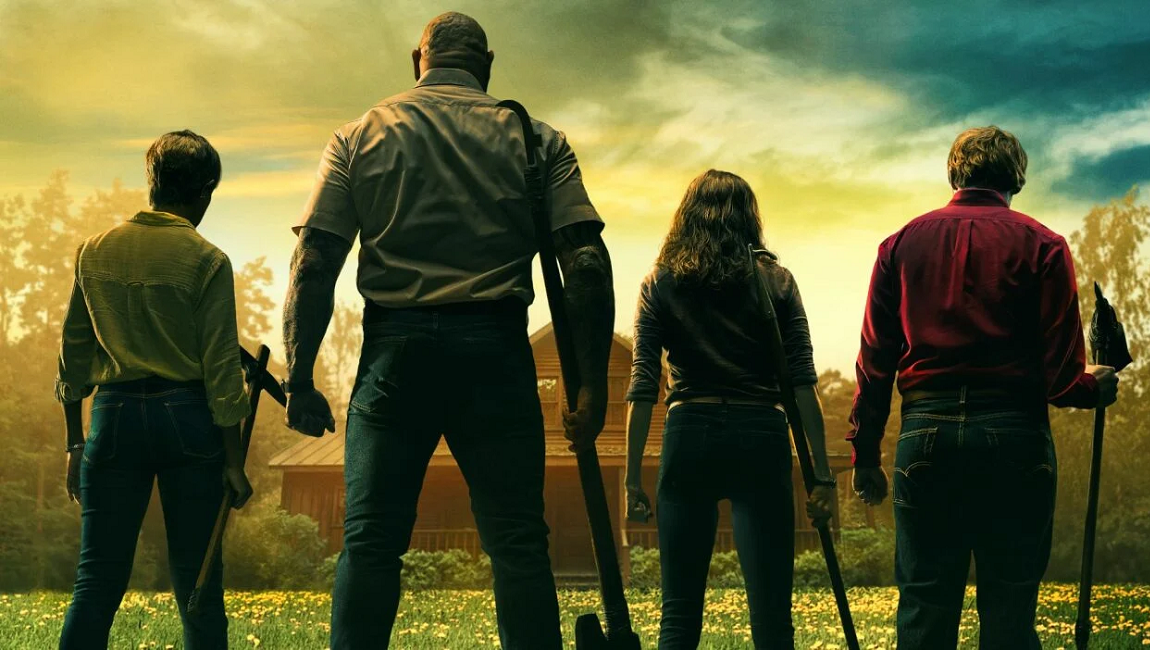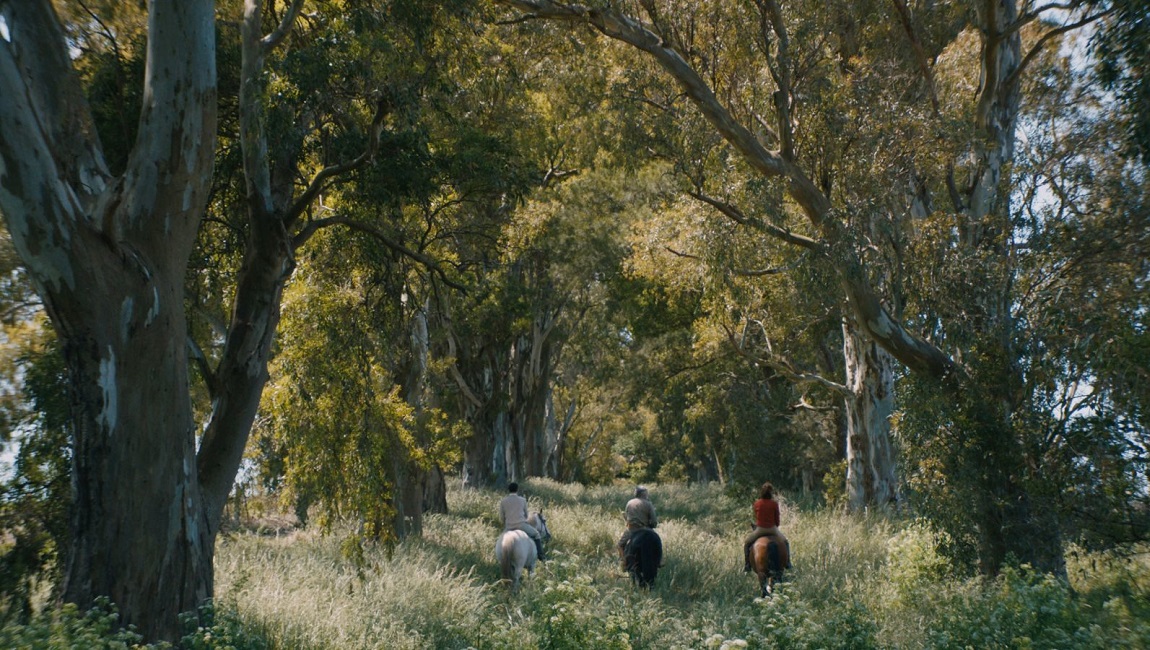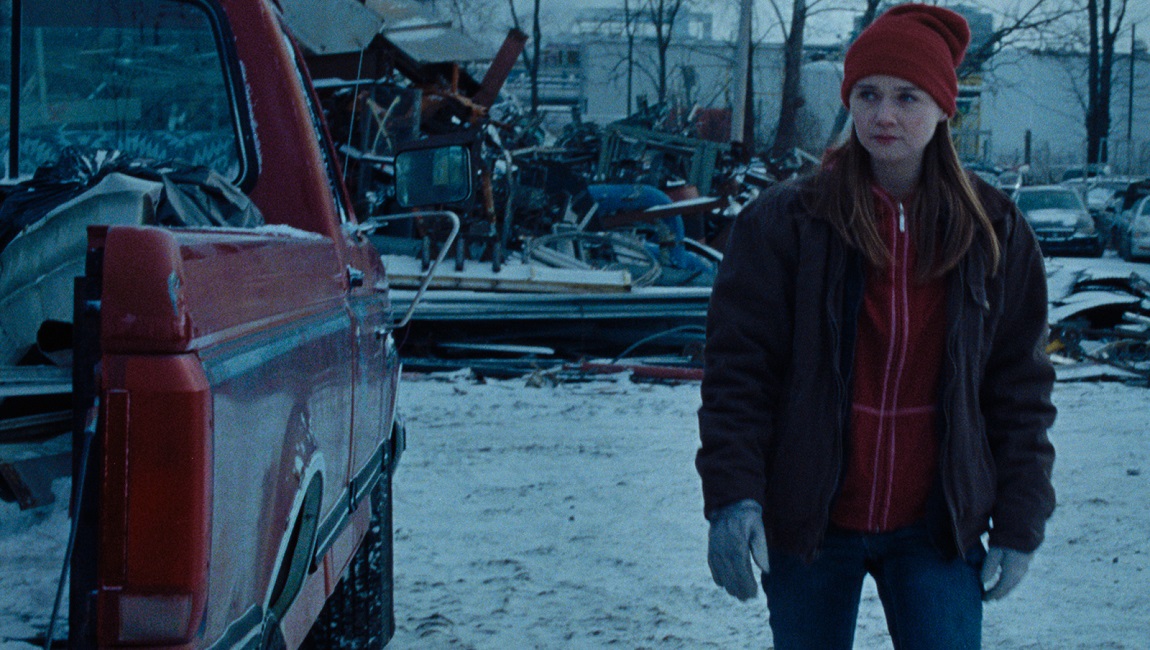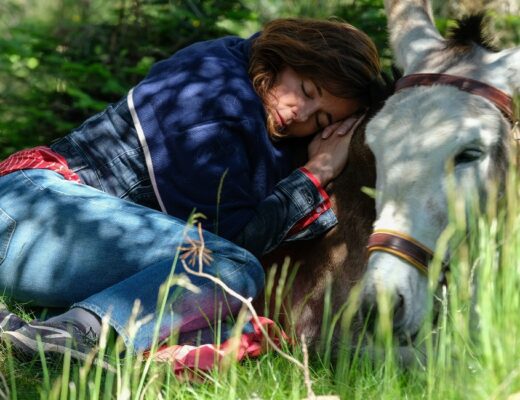For many, M. Night Shyamalan has never come out from under the shadow of his mid-career flop, the seven-year stretch between 2006 and 2013 that saw him pivot to hired-hand work following the mocking reception of the daringly original Lady in the Water and The Happening. Those films, plus the live-action Last Airbender adaptation and Smith-family vanity project After Earth, became the basis for a number of Razzie awards and similarly simpleminded criticisms that continue to infect any and all talk of his projects, even as the now-52-year-old auteur releases his 15th feature. Yet as much as some insist on casting Shyamalan in the role of cornball wash-up, his films have never lost money (Lady in the Water the near exception, just barely making back its $70 million budget), and in fact, most have been quite financially successful, with his most recent run (kicking off with 2015 found footage comeback, The Visit) producing a string of genuine blockbuster hits.
Indeed, regardless of media derision, audiences always want M. Night, seemingly unable to resist his clean, compelling genre premises (semi-ironic Internet jokes at the expense of “the beach that makes you old” ended up selling that 2021 title better than any traditional advertising could) and the promise of unpretentious, large-scale horror fare aimed at adults. It also helps that his films are actually good and distinctive, that even the more mercenary projects are still written by Shyamalan and center his recurring thematic preoccupations and a pointedly earnest perspective given life by world-class DP’s (Christopher Doyle! Peter Suschitzky!) and diverse casts of esteemed character actors. His name may be most immediately associated with narrative twists and dorky humor amongst certain filmgoers, but his continued recognition and successes imply that his work resonates with audiences on a deeper level, and that it is at least appreciated as something not otherwise offered in cinemas these days.
Arriving in U.S. cinemas this week, Shyamalan’s latest filmmaking venture, Knock at the Cabin, is destined for all the usual debates and defensive interpretations, sure to be intensified by this film’s overtly nonsecular messaging. A self-described agnostic raised Hindu while being subjected to an American Catholic school education (a tension explored in his first two films, Praying with Anger and Wide Awake), Shyamalan’s work has often wrestled with questions of faith and God, though neither have been so directly addressed as they are here since 2002’s Signs. Perhaps not so coincidentally, that film and its follow-up, The Village, end up being Knock at the Cabin’s closest analogs in the Shyamalan filmography, all three presenting as convincing horror fare using the tropes of certain subgenres that are eventually brushed aside, revealing poignant, human drama.
In the case of Knock at the Cabin, Shyamalan’s scenario reads as classic home invasion thriller setup, with a group of mysterious, medieval weapon-wielding intruders violently disrupting a young family’s vacation at a secluded campground deep in the woods. But from the moment we’re first introduced to the group’s leader, Leonard (Dave Bautista), gently bonding with only child Wen (Kristen Cui) in an exchange captured in a series of extreme closeups, it becomes clear that Knock at the Cabin is interested in genre archetypes only in so far as they can be bent and warped. Sweet and well-mannered, Leonard wins both the audience and Wen over in short order despite his imposing figure, the script and Bautista’s (rather incredible) performance convincingly positioning this character as trustworthy, so that when he claims that he and his three armed associates aren’t actually there to cause harm, we believe. Wen is less confident, though, and her fathers, Eric and Andrew (Jonathan Groff and Ben Aldridge), even less so. Soon, despite Leonard’s best efforts to handle matters nonviolently, the family of three retreats to their cabin, where they unsuccessfully attempt to hold this unwelcome quartet off. Very quickly subdued and tied up, Eric, Andrew, and Wen attempt to resist their reluctant attackers, who repeatedly insist that they’re not interested in harming or killing them and are, in fact, average people, all drawn together by visions from God despite none of them being particularly religious. Comprised of ex-con Redmond (Rupert Grint), nurse Sabrina (Nikki Amuka-Bird), and line cook Adriane (Abby Quinn), this disparate crew of believers insists that the captive family must willingly sacrifice one of their own or else initiate the apocalypse, every refusal to do so resulting in the ritual murder of one of Leonard’s people.
A profound and disturbing provocation, Knock at the Cabin quickly departs the realm of traditional horror, instead veering toward the existential dread and doom of Haneke and Bergman’s horror-adjacent work, albeit less cruel, the ultra earnest Shyamalan ultimately landing on a conclusion that manages to walk the line between optimism and despair gracefully (notably, the novel from which this is adapted concludes on a far harsher note that echoes Michael Tolkin’s The Rapture, which still serves as a pretty strong point of comparison for this film’s wonky tone). A devastating, alarming work, Knock at the Cabin confronts us with big, timely questions about our responsibility to each other and this reality we inhabit, contextualizing them against the backdrop of climate catastrophe and the still lurking Covid pandemic. Cloaking these troubling musings in the visual aesthetic of a ‘90s thriller (shot on an occasionally scratchy 35mm stock with era-appropriate lenses), Shyamalan provides us some relief from the dread that might scan as unseriousness, or allow cynically minded critics to project ineptitude and shallowness onto the film’s message. A shame for those that revel in their Shyamalan skepticism, Knock at the Cabin is an unexpectedly radical movie for these spiritually diminished times, unashamed of its belief that faith is a significant, moving force and that better things may actually lie ahead.
Published as part of InRO Weekly — Volume 1, Issue 5.







